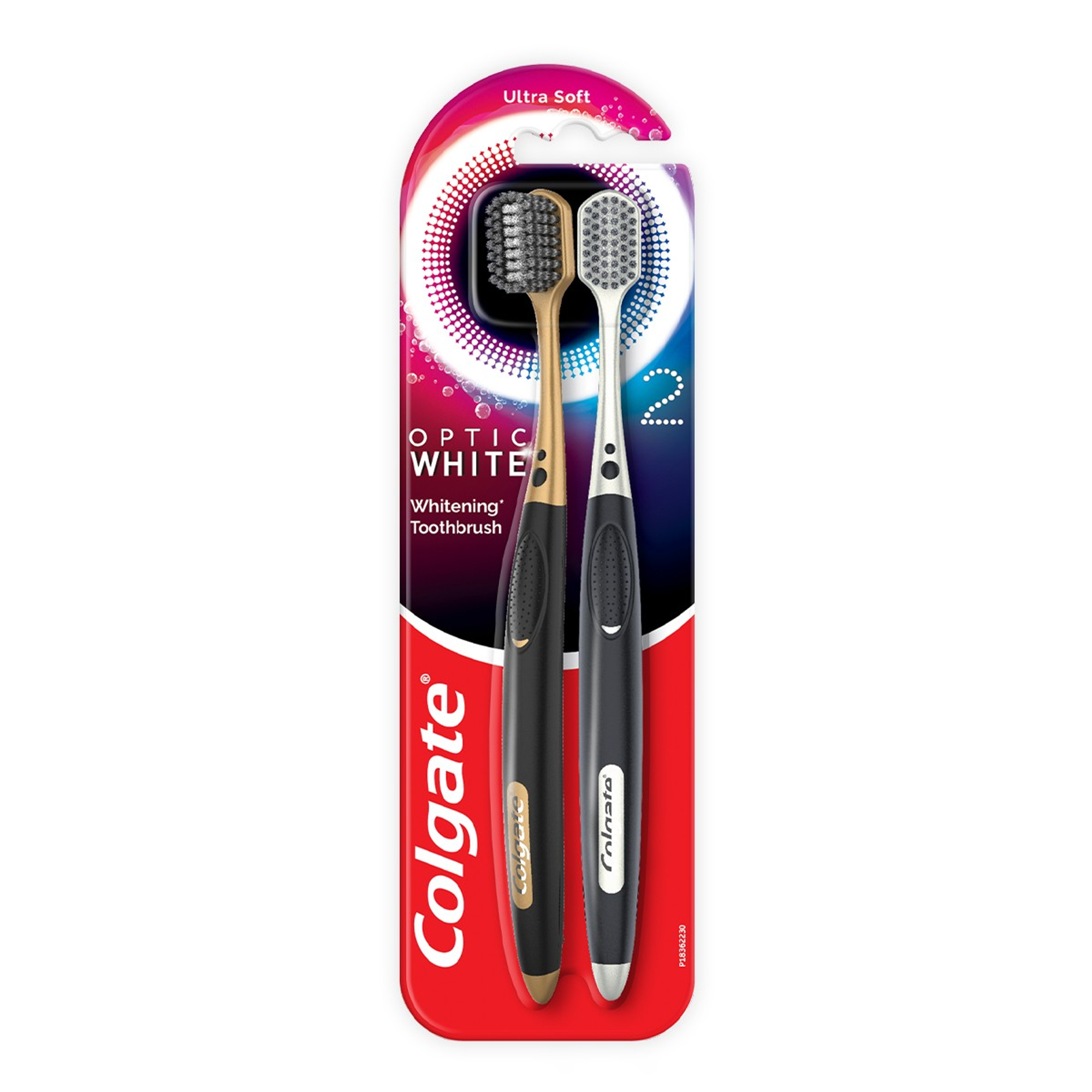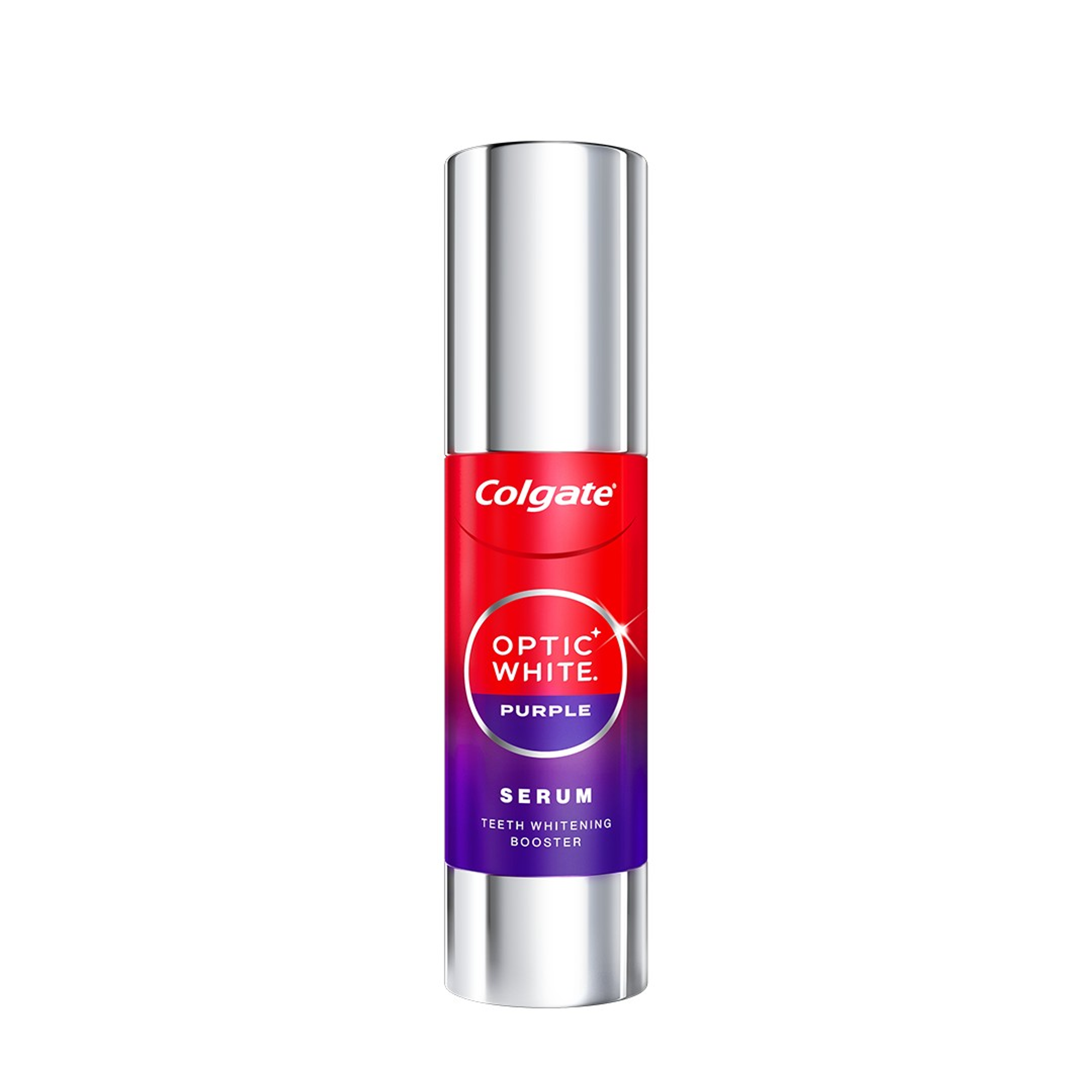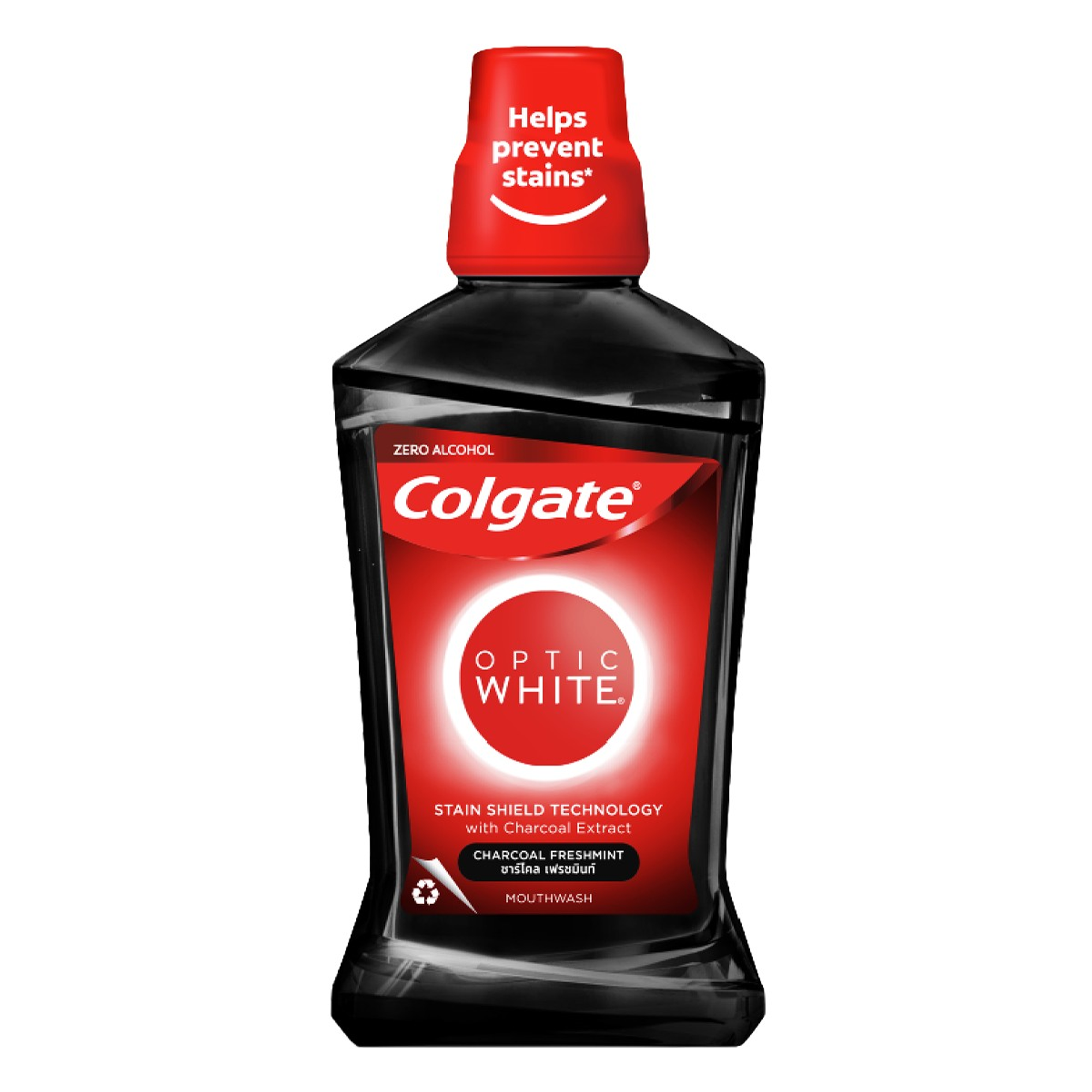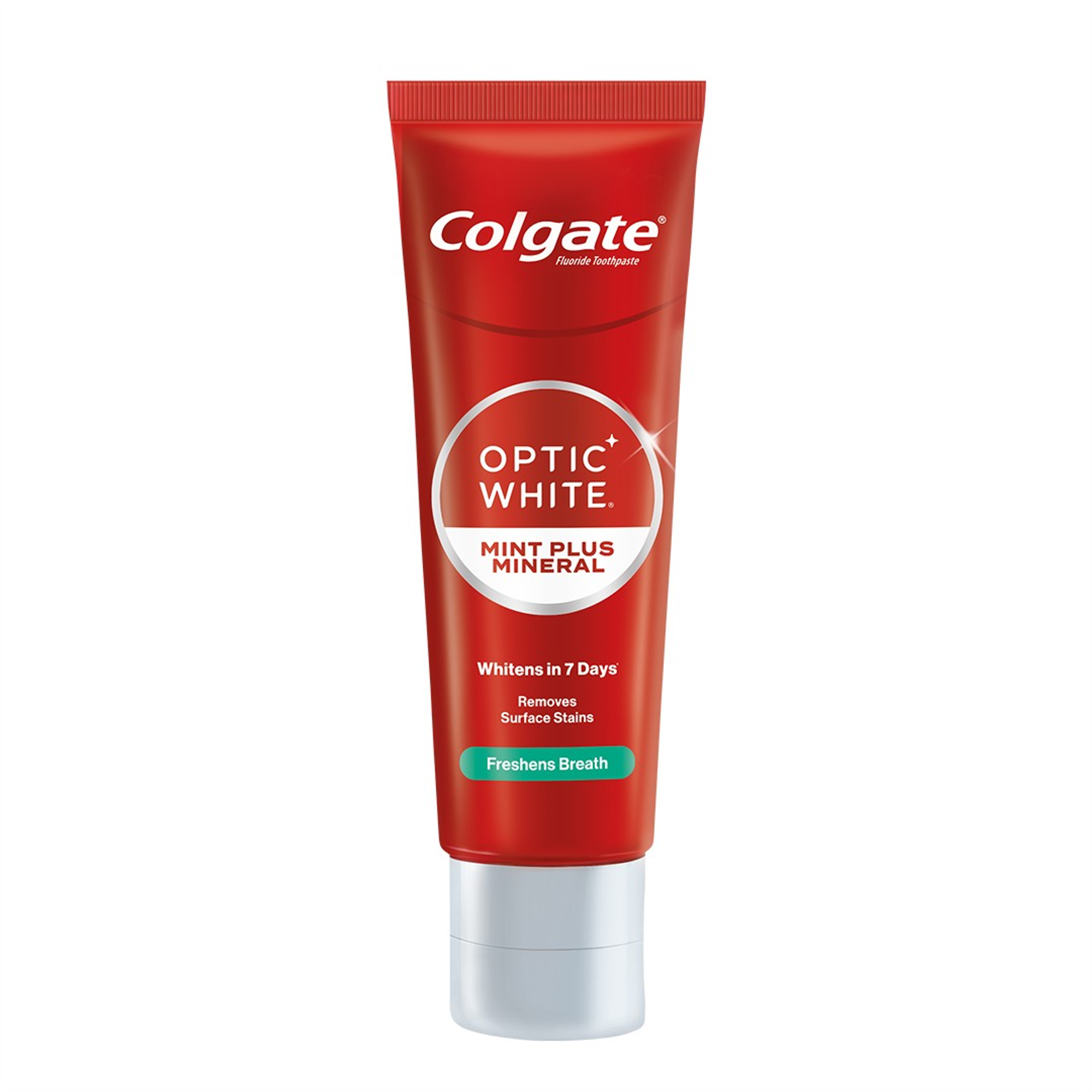-
-

ADULT ORTHODONTICS
Should You Use Mouthwash Before or After Brushing?Brushing and flossing are the foundation of a good oral hygiene routine, but mouthwash can also be a useful addition...

SELECTING DENTAL PRODUCTS
Soft Vs. Hard Toothbrush: Which One Should You Use?The toothbrush has come a long way. As the American Dental Association (ADA) notes...
-
Science & Innovation
- Oral Health and Dental Care | Colgate®
- Oral Health
- Whitening Toothpaste 101: The Basics of Daily Whitening
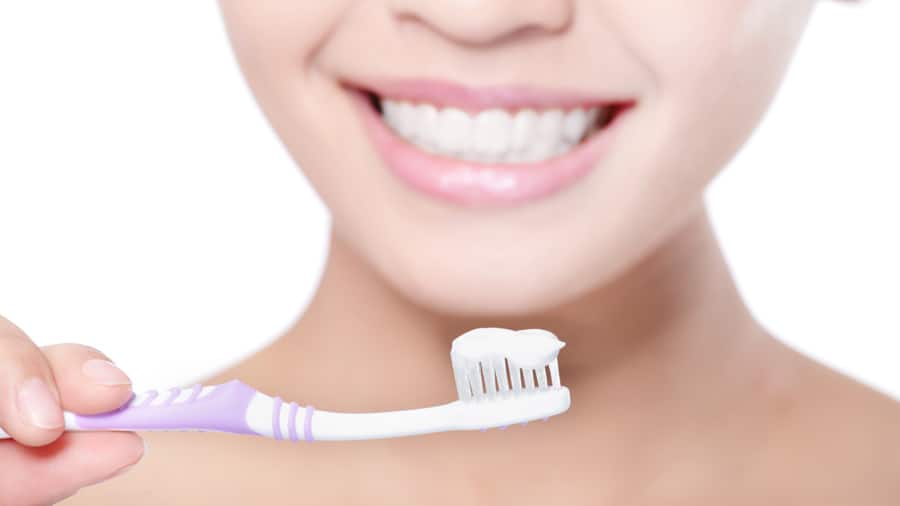

Even if you adhere to near-perfect dental hygiene, you can still end up with yellow teeth. Your age, the foods you eat and your lifestyle habits can all contribute to stains and yellowed teeth that aren't exactly picture-perfect. Of course, thanks to the availability of whitening toothpaste, you don't necessarily have to see your dentist to restore your gleaming white smile. But before you pick up a toothpaste that promises to whiten your teeth, make sure you understand the hows and whys so you can pick out the right product.


Purple Toothpaste
THE BEAUTY HACK THAT LET YOU SHINE IN AN INSTANT!
How Does It Work?
While there are numerous options available on drugstore shelves, not all whitening toothpastes are created equally. It's the active ingredients that make the real difference in how effectively the products whiten. Usually, toothpastes include one of three whitening ingredients:
- Mild abrasives. According to the American Dental Association (ADA), some toothpastes contain mild abrasives that include ingredients such as magnesium carbonate, hydrated aluminum oxides and calcium carbonate. Abrasives can remove surface stains that could cause yellowing in order to reveal a whiter, brighter smile.
- Hydrogen peroxide. A low-dose version of hydrogen peroxide has a known whitening effect on teeth and is the active ingredient in most whitening systems used in dentists' offices. While the concentration in whitening toothpastes is less than the amount in single-use products, hydrogen peroxide can produce excellent results (and is safe to use) over a longer period. The ADA notes that bleaching agents, such as hydrogen peroxide, can cause mild sensitivity but are still safe and approved for regular use.
- Carbamide peroxide. Carbamide peroxide is essentially a whitening agent that breaks down into hydrogen peroxide. The main benefit of carbamide peroxide is that, according to a study published in the September 2000 issue of the Journal of the American Dental Association, carbamide peroxide produced results more quickly than hydrogen peroxide in the first 14 days of the study. However, results between carbamide and hydrogen peroxide were comparable after 12 weeks of use.
Can I Use Whitening Products Daily?
So long as whitening products are indicated for daily use, you can use them on a daily basis. These include toothbrushes, toothpastes and mouthrinse. Some people might experience sensitivity when using products that contain hydrogen peroxide. You can ease sensitivity by alternating the whitening toothpaste with a regular or sensitive toothpaste each day.
How Long Does It Take to Whiten?
The length of time it takes for a product to whiten your teeth depends greatly on the ingredients and the purpose of the toothpaste. If, for example, you use a new toothpaste which contains hydrogen peroxide, you'll see results much more quickly than if you use a whitening toothpaste that contains only surface-stain removers. The latest in whitening is a new toothpaste which whitens teeth in two days.
Whitening your smile with daily brushing makes sense. You're brushing anyway, so you might as well whiten your teeth, too. By understanding what makes these toothpastes tick, you will have better control over which ingredients you use and how soon you can get a perfect smile.
Related Products

Helping dental professionals
More professionals across the world trust Colgate. Find resources, products, and information to give your patients a healthier future






